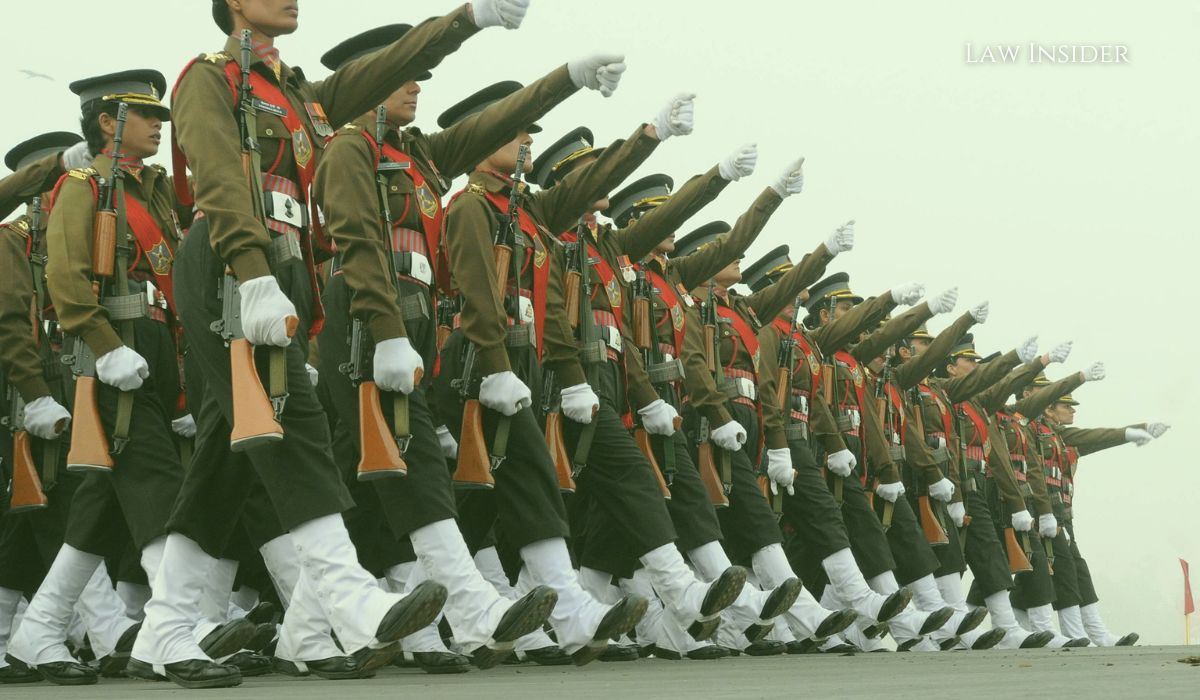LI Network
Published on: 01 February 2023 at 12:32 IST
Supreme Court clarified that its 2018 judgment which decriminalised adultery does not prevent court martial proceedings initiated against members of the armed forces for adulterous conduct.
Supreme Court Constitution Bench of five-judge headed by Justice K.M. Joseph, Justices Ajay Rastogi, Aniruddha Bose, Hrishikesh Roy and C.T. Ravikumarsaid stated that its 2018 judgment striking down Section 497 of the Indian Penal Code was not concerned with the provisions of the armed forces Acts.
Supreme Court Constitution Bench passed the order in an application filed by the Union government. In 2019, a three-judge bench referred the application to a constitution bench because the 2018 Joseph Shine verdict was delivered by a five-judge bench.
As per Reports, Ministry of Defence had moved the apex court for an exemption to armed forces from the September 27, 2018 judgment striking down adultery as a crime, saying it may hinder action against officers who indulge in such actions and can cause ‘instability’ within the services.
It was Submitted before the Court that, “In view of the aforesaid (2018) judgment, there will always be a concern in the minds of the army personnel who are operating far away from their families under challenging conditions about the family indulging in untoward activities,”.
Bench in it’s order said, Article 33 of the constitution allows exemptions from the applicability of fundamental rights as determined by parliament. The order added:
“The judgment of this court [in 2018] was concerned only with validity of S. 497 IPC and S. 198(2) CrPC… In this case, this court had no occasion to consider the effect of the provisions of the Armed Forces Acts,”.
“As we notice, it is not as if this court approved of adultery. This court had found adultery may be a modern problem. This court also held that will continue to be a ground for dissolution of marriage… In view of the fact that the scheme of the Acts in the context of Article 33 did not fall for consideration before this court, we must observe and clarify that the judgment of this court was not at all concerned with the effect and provisions of the Armed Forced Acts,”.
“This court was neither called upon nor has it ventured to pronounce on effect of S. 45 and S. 63 of the Army Act as also the corresponding provisions of the other Acts (Navy Act, Air Force Act).”
During the hearing, additional solicitor general Madhavi Divan, appearing for the Union government, informed the bench that the application was filed after the Armed Forces Tribunal quashed some disciplinary proceedings initiated against personnel for inappropriate sexual conduct by citing the Joseph Shine judgment.
Joseph Shine contended that the 2018 judgment was premised on the “patriarchal connotations” of Section 497 IPC and the disciplinary action taken by the armed forces are “gender neutral and female officers are also liable to disciplinary action”,.
Meanwhile, advocate Kaleeswaram Raj, appearing for Joseph Shine, submitted that the government’s clarification application is not maintainable because there is no observation in the 2018 verdict about army officers. Instead of a general clarificatory, individual cases may be examined on a case-to-case basis, the lawyer argued.

